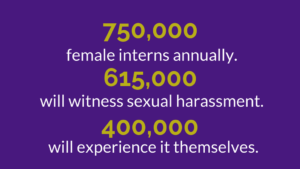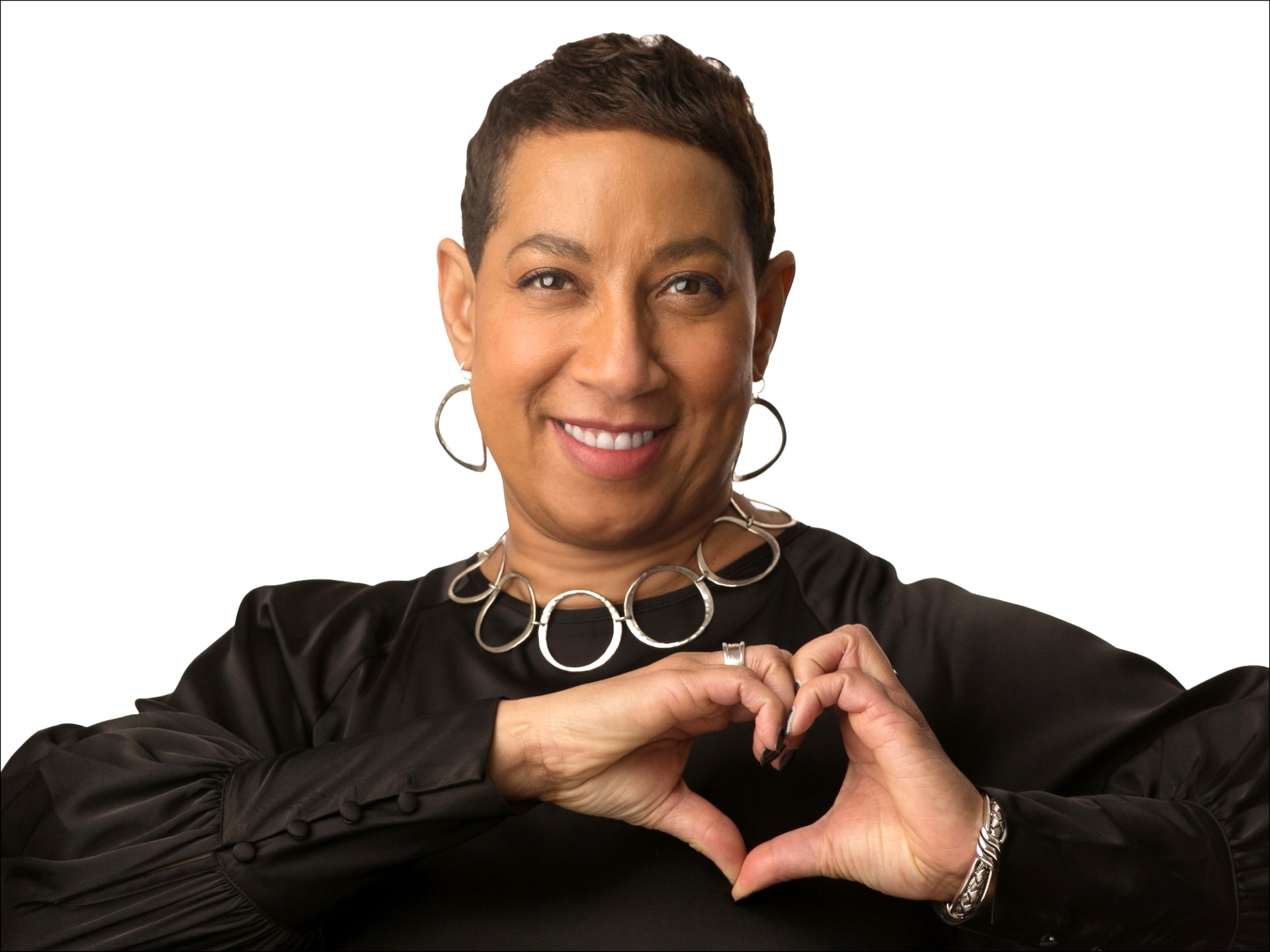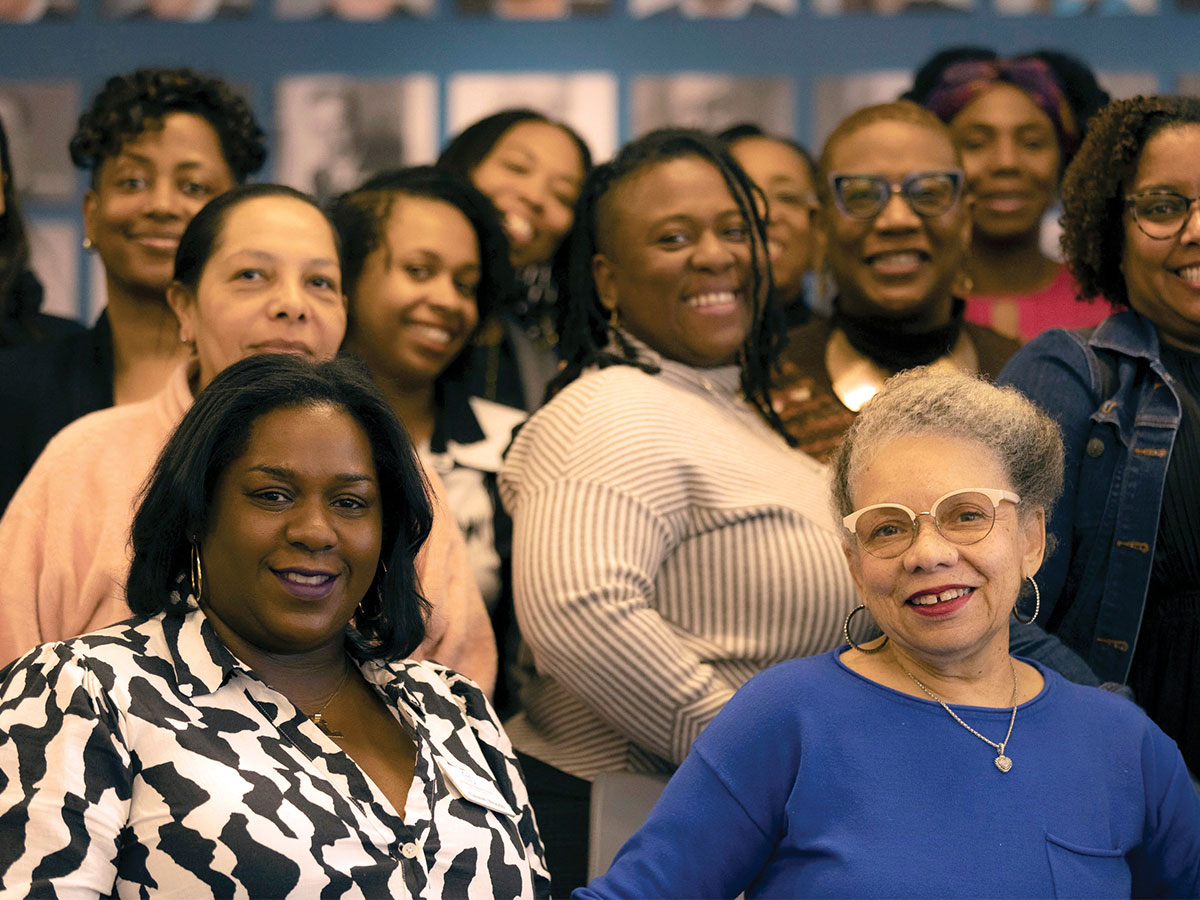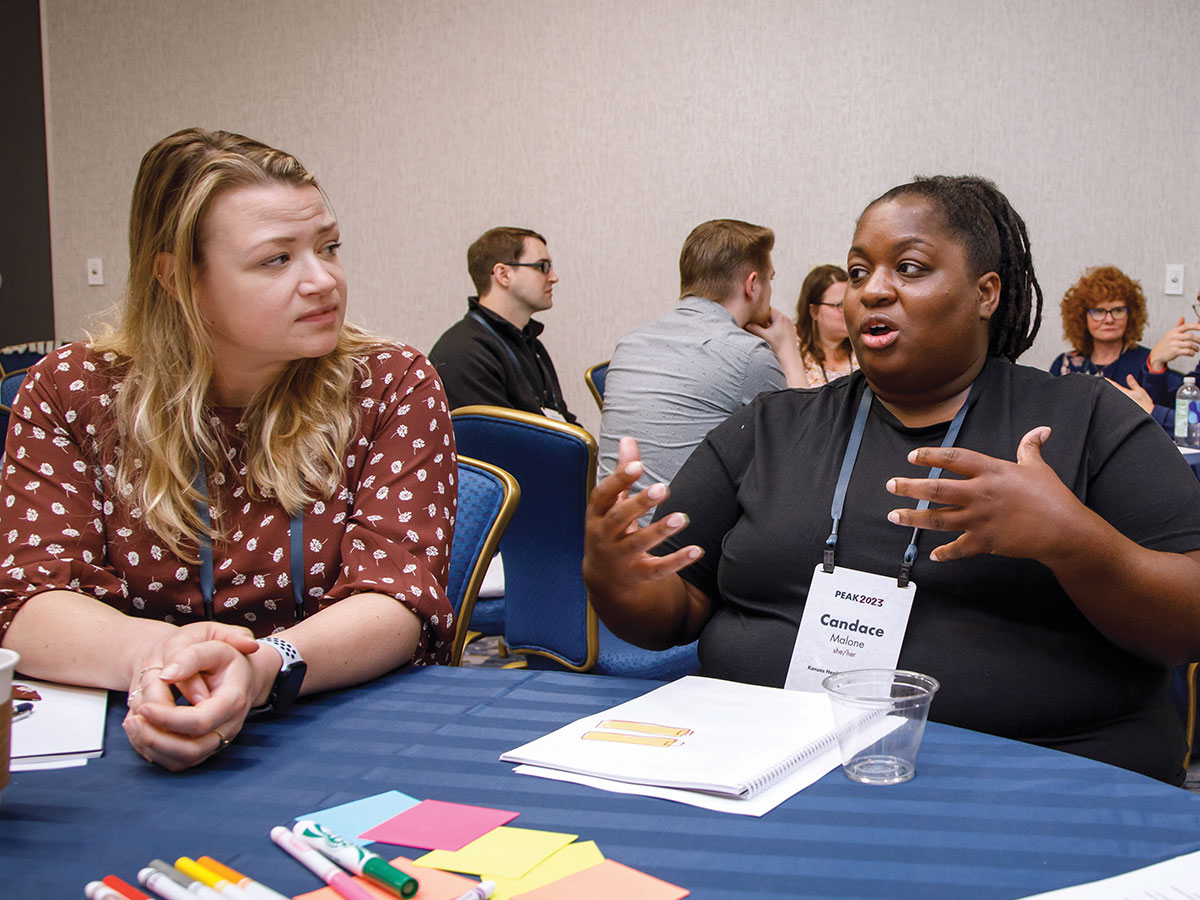Journal | Issue 15
Diversity, Equity & Inclusion
EmpowHER: Implementing Sexual Harassment Guidance in the #MeToo Era

In recent years, movements such as #MeToo and #TimesUp have created a louder, shared voice against sexual harassment and sexual violence. Functioning in many ways as a space for individuals to come forward and share all-too-painful experiences, often in the workplace, these movements have created a collective (albeit imperfect) space to do the work: to understand individual and shared experience, to hold those who have done and are doing harm publicly accountable for their actions, and to collect, create, and disseminate resources to create change. While the impact of these moments is different for each of us, for me personally, these movements connected me to others who have experienced similar pain, who have felt the disgust and humiliation of workplace harassment, thus opening a new opportunity to for reflection and healing. In my role as Executive Director of a philanthropic organization focused on supporting women, each #TimesUp tweet and every #MeToo article served as a call to action.
The B.A. Rudolph Foundation, (“BA Women”) is doing its part to contribute to initiatives to build equitable workplaces free of violence and harassment. Our mission, laid out by our namesake and benefactor, is to support women at the start and restart of their careers. We have gathered what we know from programmatic findings and national research, analyzed pain points, and projected advancement opportunities. As a result, we are translating our organizational values into specific new high-yield community investments. We have issued new research and resources on workplace harassment that we are disseminating broadly, and we are launching a new program, EmpowHER, to help women navigate their potential career steps, thrive, and succeed.
BA Rudolph Foundation’s Research on Sexual Harassment: A Loss in Opportunity
My friend made the decision to never return to the office where she interned. She wasn’t the only intern to make that decision either. She may have lost an amazing opportunity to grow professionally because of someone who was supposed to be guiding and supporting her.
— 2018 Survey Respondent
According to a survey we conducted in 2018 of former interns, every year 150 million people intern in the U.S. Yet, despite this staggering statistic, little research has been devoted to the impact of sexual harassment on interns, and few resources exist specifically for them. Our study found the majority of former interns (82 percent) had been aware of their colleagues experiencing sexual harassment, and half had experienced sexual harassment themselves. Not only can this either explicitly or implicitly impact an individual’s success and employment, but it can also make a work environment hostile or offensive, stifling the contributions of others and, ultimately, the success of the whole organization.
Furthermore, a 2017 study examined in Gender & Society uncovered that sexual harassment in the workplace can affect a woman’s success in a multitude of ways. Research shows that sexual harassment can make women more prone to depression and mental health issues, curbing their professional and personal development. The study also shared that sexual harassment can lead to a job change, increasing financial stress and potentially extinguishing a woman’s career goals. This particular study found that these negative experiences are increasingly damaging when occurring early in a woman’s career. This makes it even more crucial to implement guidance relating to sexual harassment to interns.
Equity and Ethics: The Female Intern
The unpaid female intern is at the greatest risk as she has minimal status in the office, and likely finds reporting sexual harassment difficult or uncomfortable as she could be perceived as someone who creates problems.
— Alexandra Natale, Mic
Vu Le, Founder of the popular nonprofit blog NonprofitAF.com, explains in his blog post, “When you don’t disclose salary range on a job posting, a unicorn loses its wings,” organizations often demonstrate negative patterns in hiring and paying nonprofit professionals. Structurally speaking, women—especially women of color—often begin their careers as unpaid interns and typically fall the lowest in an organizational hierarchy. An internship position, particularly if it is unpaid, can result in a woman unknowingly sacrificing her workplace rights against discrimination. Interns are rarely informed of their workplace rights, nor are they provided clear channels to learn about their rights or address infractions. In our recent study, we found that just under 18 percent of interns report that they were “completely aware of the anti-sexual harassment policies and the procedures for addressing complaints.
Unpaid internships compound these issues, perpetuating gender and race inequity and reinforcing unethical standards. In many cases, without pay, interns are not considered employees, and they are not covered by workplace protections. The fact is, in most states, unpaid interns are not covered by anti-harassment and discrimination law. This excludes them from both Title VII, which prohibits sex discrimination in the workplace, and Title IX, which covers sex discrimination in education.
Policies, Practices, and Philanthropy
For many, interning is the first experience in the professional world. For those most likely to experience discrimination or harassment, not having protection against these ills can set the standard for the rest of their careers. In looking at our core funding areas, internships in Washington, D.C., matters are compounded as women who cannot afford the cost of living are often the same women with unpaid internships. Through this process, we see how institutional and financial barriers are most prominent in underrepresented communities. That is why BA Women is working to build a system that has the capacity to advance and support women from all communities, and especially women of color, first-generation college students, LGBTQIA+ individuals, and recent immigrants.
We found that in order to do this, we must also work with our partners and allies to make changes to achieve social, political, and constitutional equality for women and other historically underrepresented groups as well. We know no single group can do this work most effectively alone, nor can we be expected to be an expert on our core content issues. So, we sought the advice of entities that set standards for sexual harassment policies because of their deep and nuanced understanding of the issue and because they have a more visible authority on the topic, lending credibility and a larger megaphone to our work. We’ve highlighted core partners in our “Rise Up” report and white paper, from the century-old American Association of University of Women and the #MeToo-era entrepreneurs at the Purple Campaign, including inviting partners to speak at our annual gala, highlighting their work in addition to our own. We also distributed this information across partner channels, including our scholarship recipients’ universities and internship host sites.
Expanding our Definition of Equity
The United States Equal Employment Opportunity Commission (EEOC) considers that harassment can be based on race, color, national origin, religion, age, disability, and sex—the latter of which includes actions against an employee due to sex, sexual orientation, gender identity, genetic information, and pregnancy. Each of these types of harassment, separately and in combination, causes harm. And, the intersectionality of multiple types of harassments can stack up. For example, the 2018 National Women’s Law Center (NWLC) report shows that black women disproportionately experience workplace sexual harassment. The NWLC report, though focused on the private sector, shows that in every industry, Black women are disproportionately represented among women who filed sexual harassment charges. This information, though staggering, is also, sadly, likely underreported. The EEOC estimate that 75 percent of all workplace harassment incidents go unreported altogether, which is no doubt linked to the NWLC’s finding that more than 1 in 3 women who filed sexual harassment charges also reported retaliation. We believe these trends also apply to early career women and interns, though limited data and resources exist specifically on the experience of interns of color; we’d welcome partners to help fill these gaps.

At the B.A. Rudolph Foundation, because we know women of color are among the most likely to face professional barriers, we used external resources to support our race equity work, such as Equity in the Center’s resource hub, Foundation Review resources like this article on White Culture and Privilege, and the Annie E. Casey Foundation’s Race Equity and Inclusion Action Guide. The latter offers that, “advancing race equity and inclusion can sometimes seem daunting,” which is why we’ve sought advice and best practices to both do the work internally (e.g., holding conversations on whiteness, power, and privilege at the staff and board levels and prioritizing hiring women and people of color-owned vendors) and externally (e.g., conducting a thorough, external review of our grantmaking processes that resulted in changing our outreach and application processes to build equity into every step of our work).
Our deeper understanding of these multiple inequalities and our sense of urgency around these issues also led our board to call for an expansion of our programming. In the words of one trustee, “We’ve been investing in the stock market. Now let’s invest in women.” So this month, we are announcing the launch of, a D.C.-based internship program focused on women’s leadership and professional development with equity at the forefront of its mission. This mission has become particularly paramount during the rise of the #MeToo era. EmpowHER translates our fierce dedication to ensuring every woman has the opportunity to reach her full potential into specific action. The program offers collegiate women a framework that’s designed to spark meaningful career advancement, develop leadership skills, and connect these women to a broader community to support their goals.
What Can You Do as an Intern or Organization?
As an intern, here are a few resources and opportunities for you:
-
- Visit EmpowHERwomen.org for resources to support your internship search. If you’re planning to intern in Washington D.C., apply to be a part of our 2019 cohort. The application is open now and closes on March 31, 11:59 pm EST.
- Identify the point of contact in your office for sexual harassment complaints and request guidance from them on what to do if or when you experience harassment. You can talk with a superior in the office who you trust and also consult your employee handbook for company-specific sexual harassment policy and complaint procedures.
- Use existing resources from the American Association of University Women, the National Women’s Law Center, the Powershift Project at the Freedom Forum Institute, RAINN, the Women’s Bar Association within your state, and Women in Government Relations. These organizations have information on how to respond to sexual harassment in the workplace.
As an organization, here are a few additional opportunities to consider to create a safe and equitable workplace:
- Pay interns and provide them protection from sexual harassment, even if Title VII doesn’t require it.
- Provide regular staff training focused on the prevention of and response to sexual harassment. Do this by using topical and relevant material that fits the culture of the organization.
- Continue to draw visibility to the importance of addressing sexual harassment to advance the lives of women in the community.
- Put policies in place. Draft clear non-disclosure agreement (NDA)s language that makes it obvious signers are not waiving rights to report sexual harassment and other discrimination. Consider unpaid interns to be employees with the same rights in dealing with sexual harassment.
- Read and distribute our report and white paper, “Rise Up,” which had additional resources for you and your colleagues about creating harassment-free workplaces, and visit the Equity in the Center Resource Hub for race equity articles, research, vetted consultants to support your work, and more.
- We are also seeking partnerships and resources to support women of color to address discrimination based on race and ethnicity, as well as the effects of multiple and overlapping discriminations. (As noted earlier in the paper, resource gaps exist to provide tools specifically for interns of color facing workplace harassment or discrimination based on race and ethnicity; we’d welcome recommendations on this topic or partners in this work.)
Whether you’re an intern, a supervisor, an organization or an ally, there are ways to get involved. If you’re interested in joining our work to support women at the start of their careers, visit or contact us at info@empowHERwomen.org.




